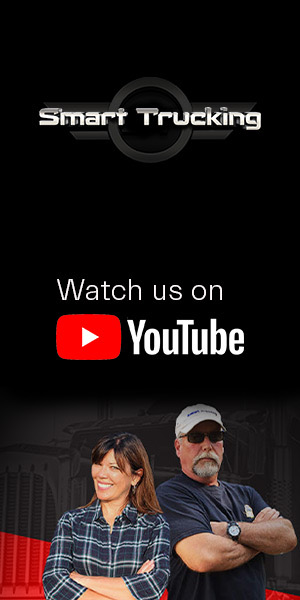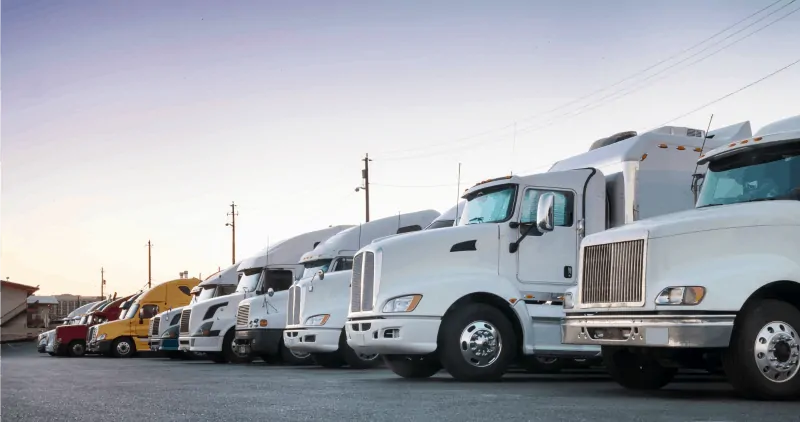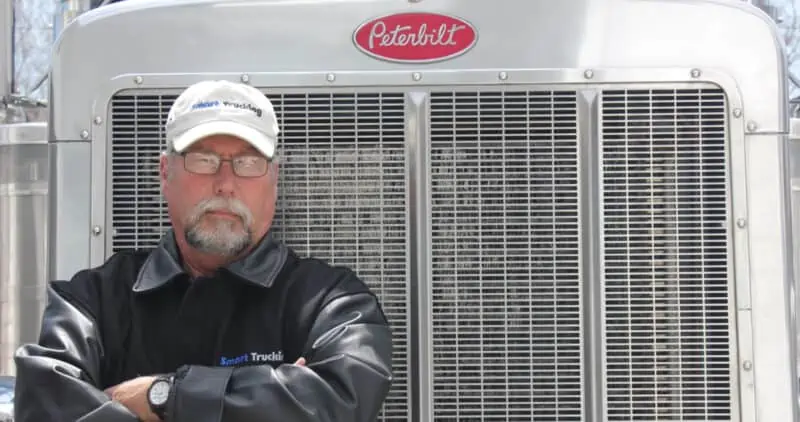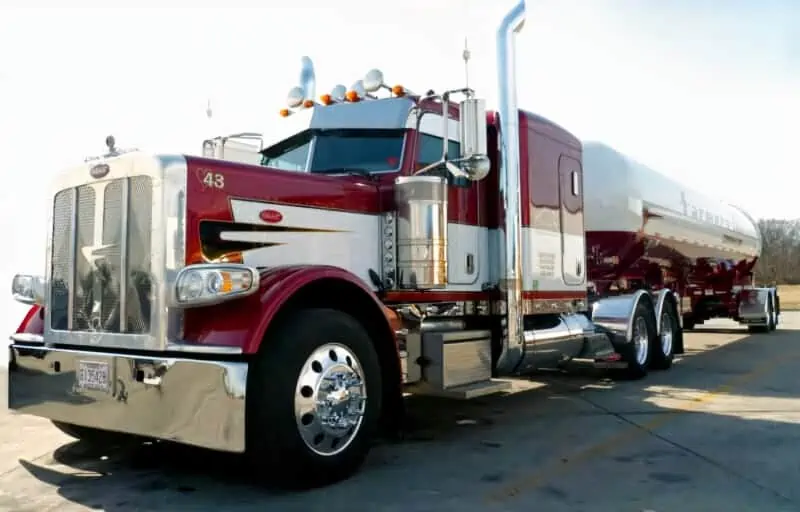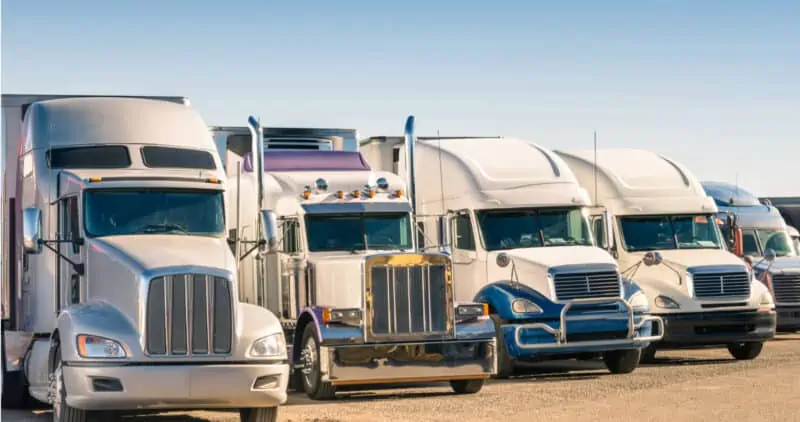
And if you’ve ever dealt with a bad one, you can understand exactly why they’re running truckers out of the business.
Common Lies Dispatchers Tell Truckers
Unfortunately, it’s become a common practice for dispatchers to lie to their truckers. Sometimes it’s unintentional because they don’t understand the business. And sometimes it’s because they’re simply passing on information their bosses told them to.
But a lot of times they’re just trying to get the drivers to do things they don’t want to do themselves. And in most of these cases, the truckers are not getting paid to do these extra tasks. This obviously makes us reluctant to perform them!
Among these lies, here are the most common:
- “We’ll have the load ready for you just as soon as you’re empty.”
- “No, you’ll never need to hand bomb any freight at this company.”
- “No, we don’t run the Eastern Seaboard lane at this company. “ (Unless of course we find a good paying load there, then you ARE going!)
- “Call back in an hour and your load will be ready.”
- “We pay the absolute best mileage rate in the industry.”
- “You won’t need to wait to unload this load. Just back right in and the receiver will unload your trailer right away.”
- “If there’s a problem call, we’re a 24/7 operation.”
- “It’s first in, first out dispatch, here. We don’t play favourites. “(But just in case you’re interested, I like scotch)
- “We never run overweight… always legal.”
- “You’ll have plenty of time to make that delivery schedule. “(As long as you don’t need to eat or sleep!)
- “Sure, we’ll make sure you’re home for the weekend.”
- “We’ll have a good load waiting for you when you get back.” (As long as you’ve remembered that bottle of Scotch)
- “No, that’s not a bad part of town. We’ve NEVER had any trouble going in there to unload at night.”
- “The customer is hot for this load. You gotta run. You’ve got to deliver ASAP! “(How many times have you rushed your butt off, only to arrive at your destination, and the receiver knows nothing about the load?)
- “That’s only 200 miles on the map “(as the crow flies).
- “There are no low bridges around there.”
- “Any time you’ve got a problem, come on in. We’ve got an open door policy. We’re just like one big happy family here.” ( Yep, open door policy…. come on in and we’ll fire your butt!)

How Dispatchers Have Changed
In the past, dispatchers were mostly ex-truckers who had retired from the road for one reason or another. Because they had driven professionally themselves, they understood the importance of the concept “mileage = money.”
They understood the things that prevented truckers from getting those much-needed miles and had reasonable expectations. A seasoned and knowledgeable dispatcher was more than just another voice truckers dealt with. He was also often a mentor to the younger, less-experienced drivers.
Today’s dispatchers, on the other hand, are much different than they were 30 years ago. And they seem to be causing a huge disconnect between the trucking companies and their drivers.
A lot of the dispatchers hired today are recent community college graduates who have never driven anything bigger than an SUB. They are great at sending emails and load matching, but offer very little assistance to us guys and gals behind the wheel.
The reason many companies are now hiring young, educated dispatchers is because of the need for people who can navigate the software. Since dispatch software has been so widely implemented to improve operational efficiency, the job requires a much different skill set than it did in the past.
These individuals are also willing to work for lower wages because they are new to the workforce, which is another attractive benefit for the carriers.
Related > Sure Fire Owner Operator Tips + Advice For Profit And Success in 2020
How Bad Dispatching Affects Drivers
Are bad dispatchers contributing to the truck driver shortage?
Unfortunately, it’s the driver who suffers the most at the hands of the new-age dispatcher.
We are now dealing with the carrier through people who don’t understand the industry or the nature of our work. They can’t answer many of the questions truckers have, and they have no practical experience to help with drivers’ needs.
Because of their lack of understanding an experience, there’s also a disconnect between them and their drivers. They often don’t listen to what the truckers are saying because they’re just interested in covering their load. They seem to treat the drivers’ problems as distractions.
And because some work on production-based incentive pay, they may even treat the truckers themselves as problems or obstacles to reaching their monthly goals.
Related > What Every Trucker Should Know About Dangerous Truck Deliveries
How to Handle Bad Dispatchers
In all fairness, not all dispatchers are bad. There are really great dispatchers who try not to lie and do their best to understand our jobs.
And for the most part, they’re just doing what they’re told to do. Their job is to make the trucking company money, so it is impossible to please everyone.
But in order to make money as a truck driver, you NEED to work with a good dispatcher.
It’s simply too difficult to do your job with a bad one or one who lies. And the best way to combat this is by calling them out on their dishonesty. You cannot afford to tolerate it. You will obviously need to be as diplomatic as possible when doing so.
But you’re certainly not doing anything wrong by demanding the truth.
Related >10 Practical Tips For Good Mental Health, Just For Truckers
Conclusion
Trucking is a tough career. And if there’s not a good support system within the industry, truck drivers are much more likely to walk away from it.
Many become fed up with trying to reason with dispatchers who have poor communication skills and little empathy.
The question is whether the trucking companies are aware of the problem. My guess is that most are not, or they’re just concerned with their bottom line.
The fact is that they might be seeing productivity increases due to the use of efficient dispatching software systems. So they obviously don’t see a problem with how they’re being run.
Hopefully, trucking companies will soon start to realize the very real problem they have that is contributing to the driver shortage. It’s possibly a problem that needs to be spoken about more openly and addressed accordingly.
Until then, we may continue to lose our best drivers and the industry may be in for even bigger shortages.


